The Transmitter stories
Recent articles
Stories about developments in neuroscience.
‘Emergent and transactional’: How Jonathan Green is rethinking autism and interventions
The experienced clinician discusses writing his recent paper, and its reception in the field.
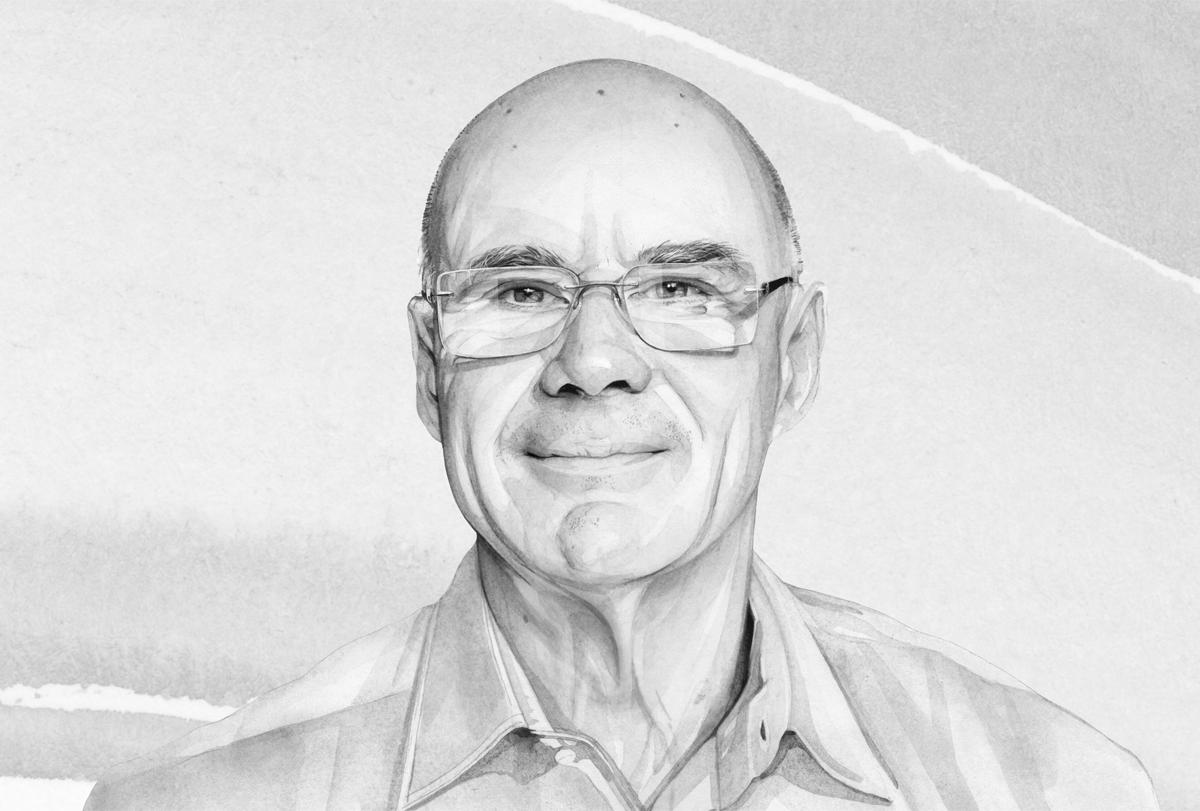
‘Emergent and transactional’: How Jonathan Green is rethinking autism and interventions
The experienced clinician discusses writing his recent paper, and its reception in the field.
The story of autism research in Australia: A conversation with Cheryl Dissanayake
With the help of a generous benefactor, autism research in Australia is gathering critical mass.
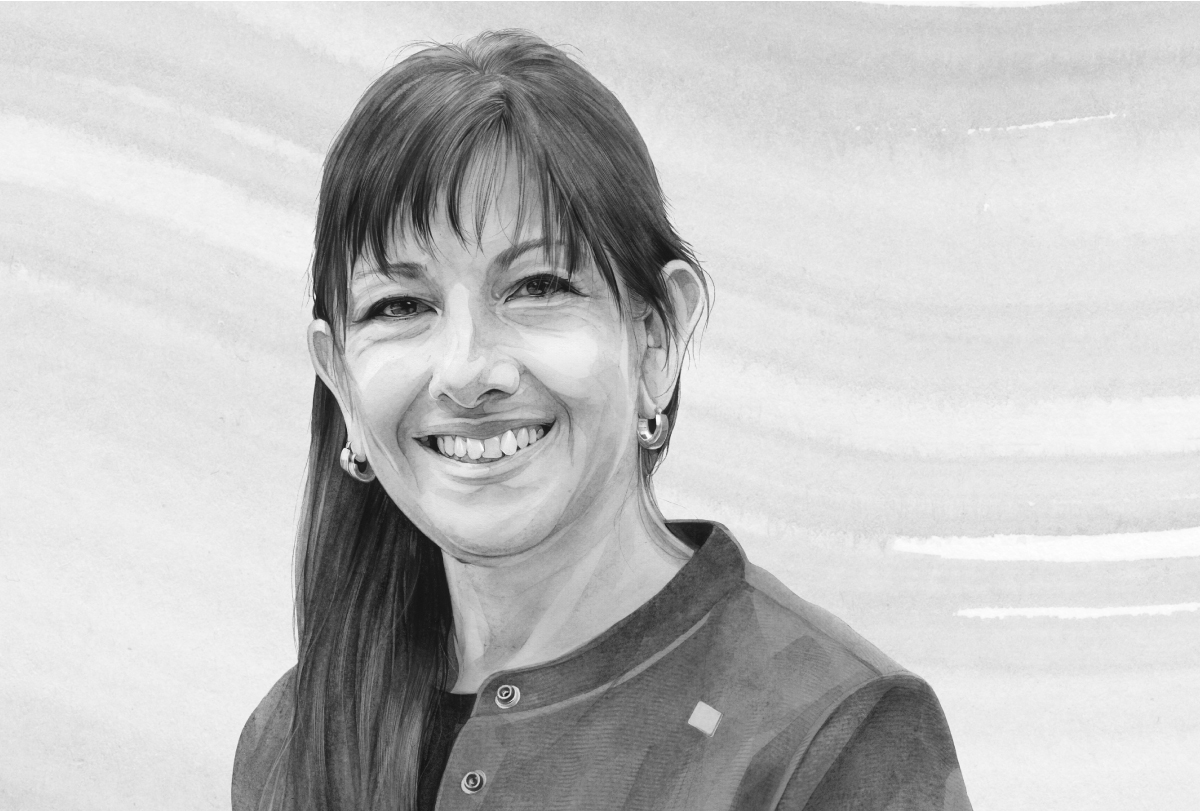
The story of autism research in Australia: A conversation with Cheryl Dissanayake
With the help of a generous benefactor, autism research in Australia is gathering critical mass.
New journals seek to fill neurodiversity gap
The two journals, although differing in initial support, both realized the need for a publication focused exclusively on the neurodiverse experience.

New journals seek to fill neurodiversity gap
The two journals, although differing in initial support, both realized the need for a publication focused exclusively on the neurodiverse experience.
Writing a ‘new history of autism’
Spectrum talks with David Dobbs about researching his latest article, and what he found.

Writing a ‘new history of autism’
Spectrum talks with David Dobbs about researching his latest article, and what he found.
What it’s like to be a Black autism researcher
Spectrum spoke to four Black autism researchers about what it’s like to be in a field that’s overwhelmingly white, how police violence against Black people has affected them, and the joy of finding one another in ‘Black In Neuro.’
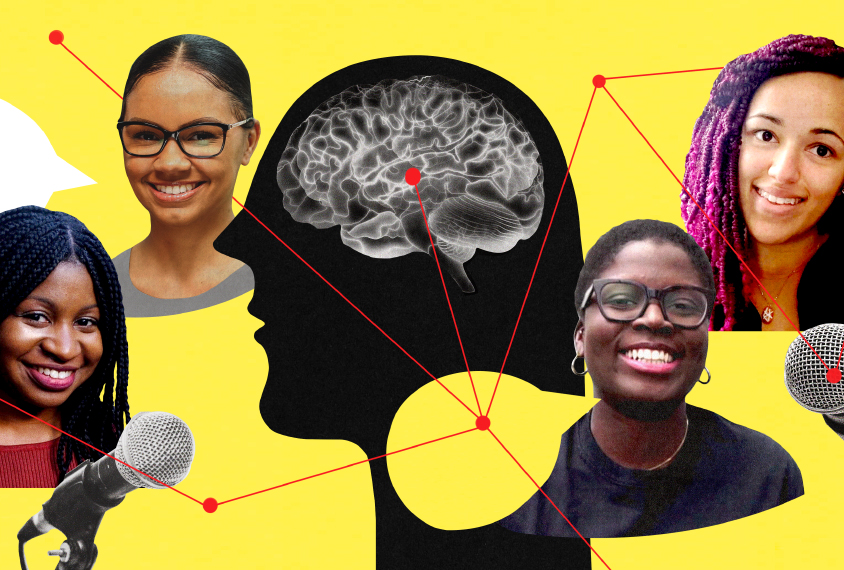
What it’s like to be a Black autism researcher
Spectrum spoke to four Black autism researchers about what it’s like to be in a field that’s overwhelmingly white, how police violence against Black people has affected them, and the joy of finding one another in ‘Black In Neuro.’
Spectrum stories: Life in lockdown with autism
Host Chelsey B. Coombs talks to clinicians and people with autism about their experience of the pandemic, how their routines have changed and some of the unexpected benefits.

Spectrum stories: Life in lockdown with autism
Host Chelsey B. Coombs talks to clinicians and people with autism about their experience of the pandemic, how their routines have changed and some of the unexpected benefits.
Spectrum Stories: What social touch says about autism
Understanding how touch is altered in autism could yield an early marker of the condition.

Spectrum Stories: What social touch says about autism
Understanding how touch is altered in autism could yield an early marker of the condition.
Spectrum Stories: How social media aids discovery and diagnosis of autism-linked conditions
Social media is connecting families with researchers who study rare conditions related to autism — to the benefit of both.

Spectrum Stories: How social media aids discovery and diagnosis of autism-linked conditions
Social media is connecting families with researchers who study rare conditions related to autism — to the benefit of both.
Spectrum Stories: The benefits of genetic testing in autism
Finding a mutation linked to autism traits can have life-changing consequences for autistic individuals and their families.
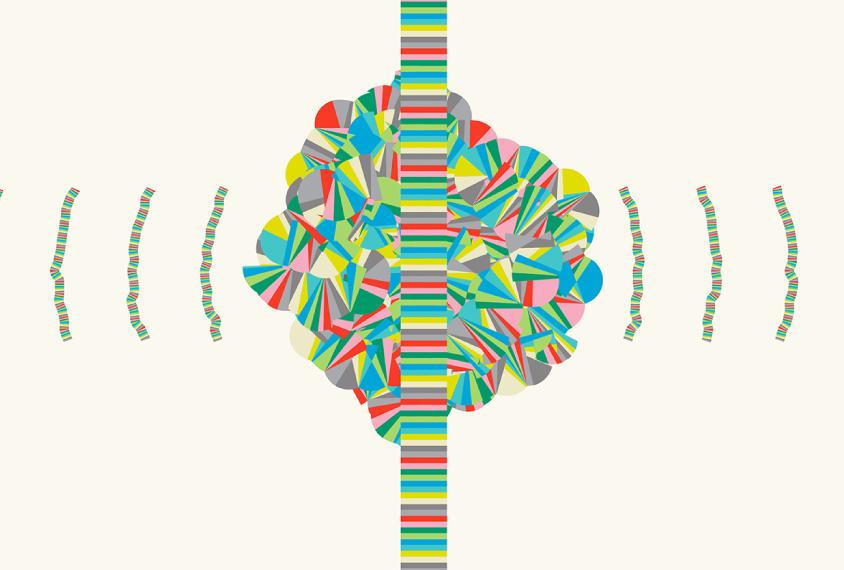
Spectrum Stories: The benefits of genetic testing in autism
Finding a mutation linked to autism traits can have life-changing consequences for autistic individuals and their families.
Spectrum Stories: Tapping intelligence in minimally verbal people with autism
Scientists are finding new ways to test cognition in autistic individuals who speak little or not at all.

Spectrum Stories: Tapping intelligence in minimally verbal people with autism
Scientists are finding new ways to test cognition in autistic individuals who speak little or not at all.
Explore more from The Transmitter
What birds can teach us about the ‘biological truth’ of sex
Part of our job as educators is to give students a deeper understanding of the true diversity of sex and gender in the natural world.

What birds can teach us about the ‘biological truth’ of sex
Part of our job as educators is to give students a deeper understanding of the true diversity of sex and gender in the natural world.
Rise in autism prevalence; and more
Here is a roundup of autism-related news and research spotted around the web for the week of 21 April.

Rise in autism prevalence; and more
Here is a roundup of autism-related news and research spotted around the web for the week of 21 April.
Noninvasive technologies can map and target human brain with unprecedented precision
But to fully grasp the tools’ potential, we need to better understand how electric and magnetic fields interact with the brain.
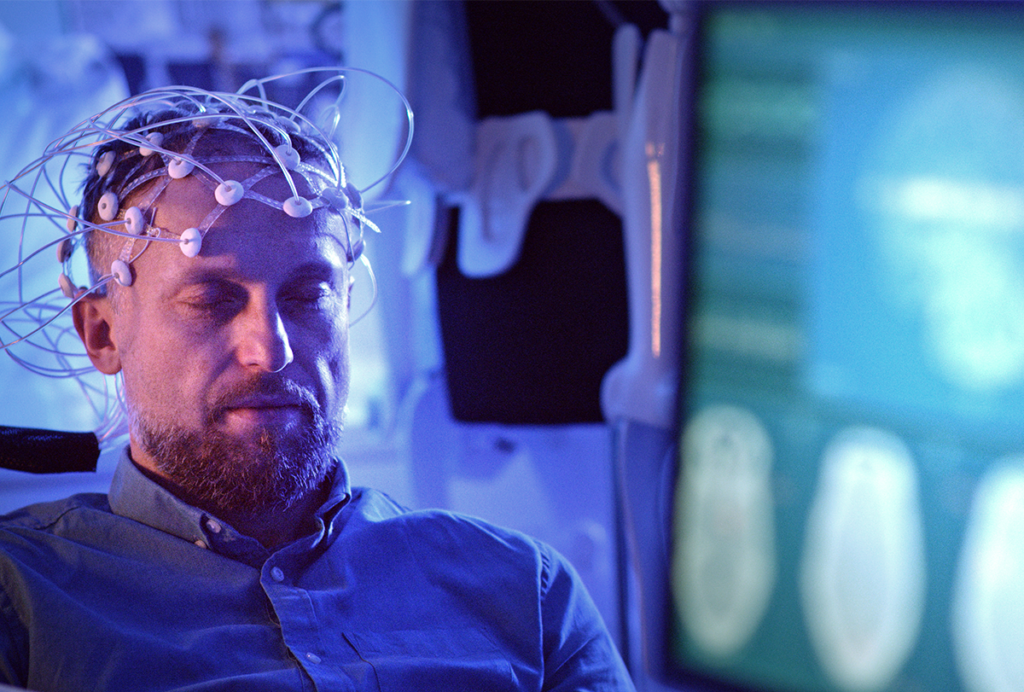
Noninvasive technologies can map and target human brain with unprecedented precision
But to fully grasp the tools’ potential, we need to better understand how electric and magnetic fields interact with the brain.